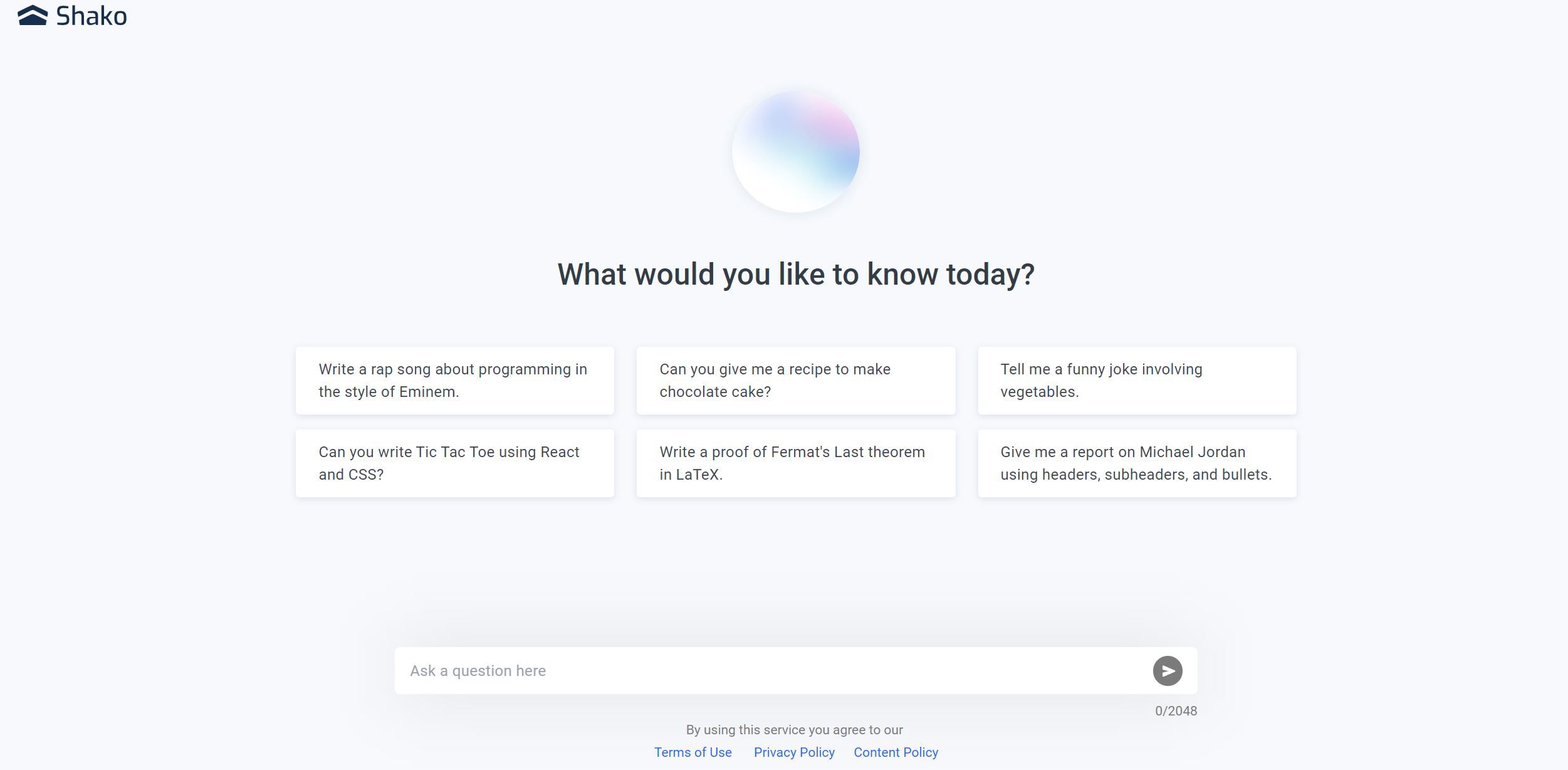Best for:
- Sales Teams
- Marketing Departments
- Customer Service
Use cases:
- Lead Tracking
- Sales Management
- Customer Support
Users like:
- Sales
- Marketing
- Customer Service
What is Salesforce?
Quick Introduction
Salesforce is one of the premier Customer Relationship Management (CRM) tools in the market. It is designed for companies of all sizes that need to manage their customer data effectively and streamline their sales processes. Mandating a cloud-based infrastructure, Salesforce provides a suite of applications ranging from sales pipeline management, customer service and support, marketing automation, and analytics. Companies using Salesforce often experience enhanced productivity, improved customer satisfaction, and a better return on investment from marketing efforts.
The users of Salesforce can be from various departments including sales, marketing, customer service, and even operations teams. The tool offers an engaging and interactive user interface that allows easy monitoring of customer interactions and sales transactions. With features like contact management, quote tracking, and opportunity management, Salesforce has rapidly become an essential part of modern business operations.
Pros and Cons
Pros:
- Highly Customizable: Salesforce can be tailored to the specific needs of different business models.
- Extensive Integration: It integrates well with a variety of third-party applications.
- Cloud-based: Offers the flexibility to access information anywhere, anytime.
Cons:
- Steep Learning Curve: New users might find its extensive features overwhelming initially.
- High Cost: The advanced features come at a significantly high price.
- Complex Setup: Initial setup can be complicated, requiring a dedicated IT team.
TL;DR
- Comprehensive CRM System
- Extensive Integration Capabilities
- High Customizability
Features and Functionality
- Contact Management: Allows users to manage and maintain detailed interactions and activities surrounding their customers.
- Opportunity Management: Track your sales team’s opportunities from the lead stage to the closing phase.
- Lead Management: Captures and tracks leads acquired from various channels, provides scoring and routing rules.
- Marketing Automation: Coordinates campaigns and measures the effectiveness directly by tracking responses and interactions.
- Customer Service: Case management and customer support designed to resolve client issues quickly and effectively.
Integration and Compatibility
Salesforce seamlessly integrates with numerous software, including but not limited to, Microsoft Office Suite, G Suite, Slack, Mailchimp, and various ERP systems. Its proprietary API also allows for custom integrations with a broad range of platforms, ensuring data consistency and streamlining workflow automation. It’s a tool that essentially eliminates the need for redundant data entry, providing a holistic view within a single interface.
Benefits and Advantages
- Improved Customer Insights: Provides detailed analytics and insights into customer behavior.
- Enhanced Productivity: Automates mundane tasks allowing teams to focus on value-added actions.
- Scalability: Suitable for small businesses to large enterprises with its flexible offerings.
- Time-Efficiency: Drastically reduces the time spent on manual data entry and sales pipeline management.
- Increased Sales: Targets sales enhancement through better follow-ups and customer engagement.
Pricing and Licensing
Salesforce offers a tiered pricing model catering to different business needs. Their most basic plan, aimed at small businesses, starts at approximately $25 per user per month.
Do you use Salesforce?
For more advanced features, prices can go up to $300 per user per month. They also offer enterprise plans tailored to specific organizational needs. The licensing is subscription-based with annual or multi-annual contracts.
Support and Resources
Salesforce offers robust support through various channels. Users can access comprehensive documentation, along with guidance from community forums. There are also customer service options available, including 24/7 phone and chat support, and professional onboarding services. Extensive training and certification programs are also provided to ensure users get the most out of the platform.
Salesforce as an Alternative to
Salesforce can be considered a powerful alternative to other CRM systems like Microsoft Dynamics 365. While Dynamics 365 provides similar functionalities, Salesforce often edges out due to its more extensive third-party integration capabilities and a strong user community ensuring continual product enhancement and support.
Alternatives to Salesforce
- HubSpot: Ideal for smaller businesses looking for an intuitive and economic CRM solution.
- Zoho CRM: A cost-effective tool that offers extensive functionality and easy customization.
- Microsoft Dynamics 365: Suitable for businesses deeply invested in the Microsoft ecosystem and looking for a comprehensive ERP along with CRM.
Conclusion
Salesforce stands out as a premier tool for CRM and customer relationship management, offering extensive features, robust integration capabilities, and unparalleled scalability. It is particularly suitable for businesses looking to enhance their customer service, boost sales efficiency, and gain insightful analytics. Despite its steep learning curve and high cost, the overall value and flexibility it brings to a business make it a noteworthy investment.
Similar Products
Kloud Chat
Kloud Chat offers AI-powered assistance for mobile tasks and inquiries, enhancing the user experience in the life assistant category.



